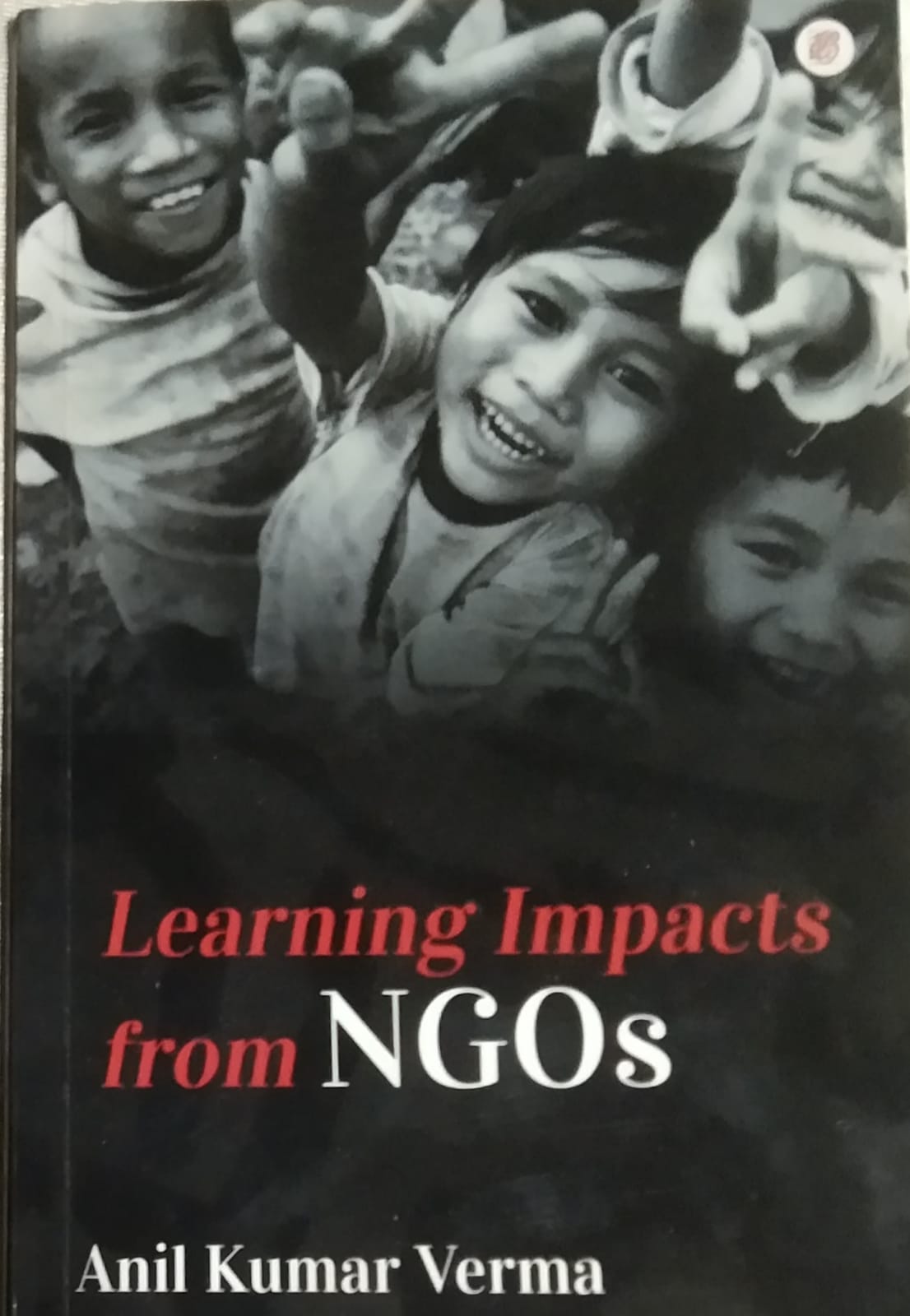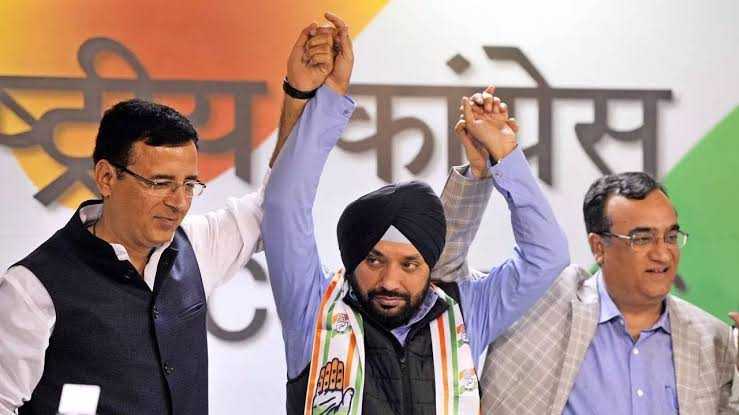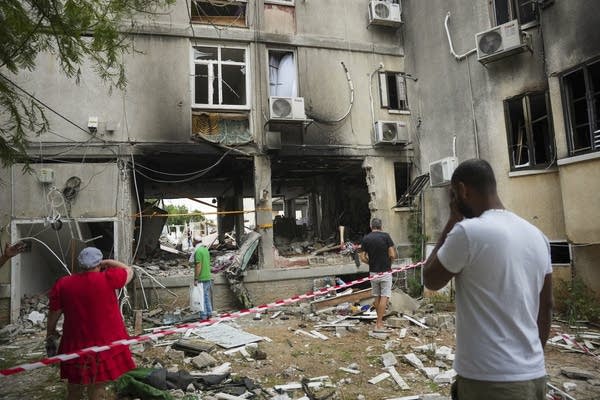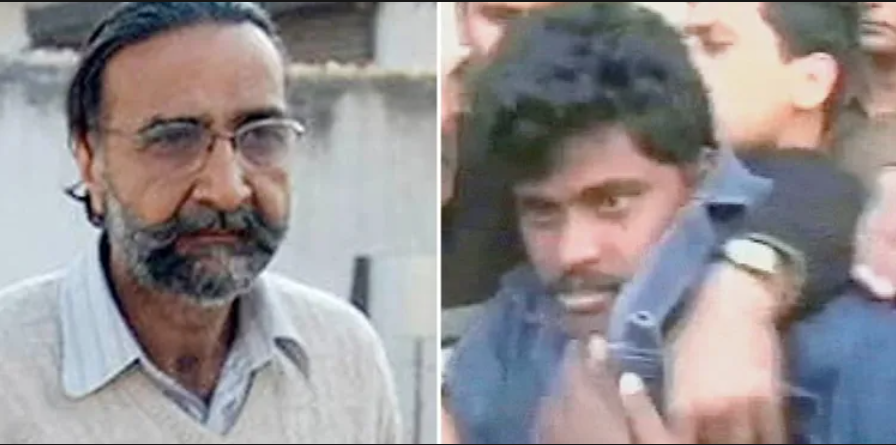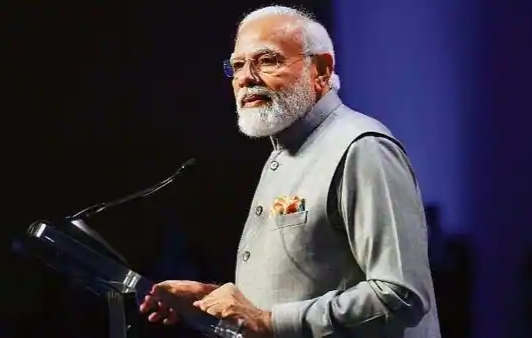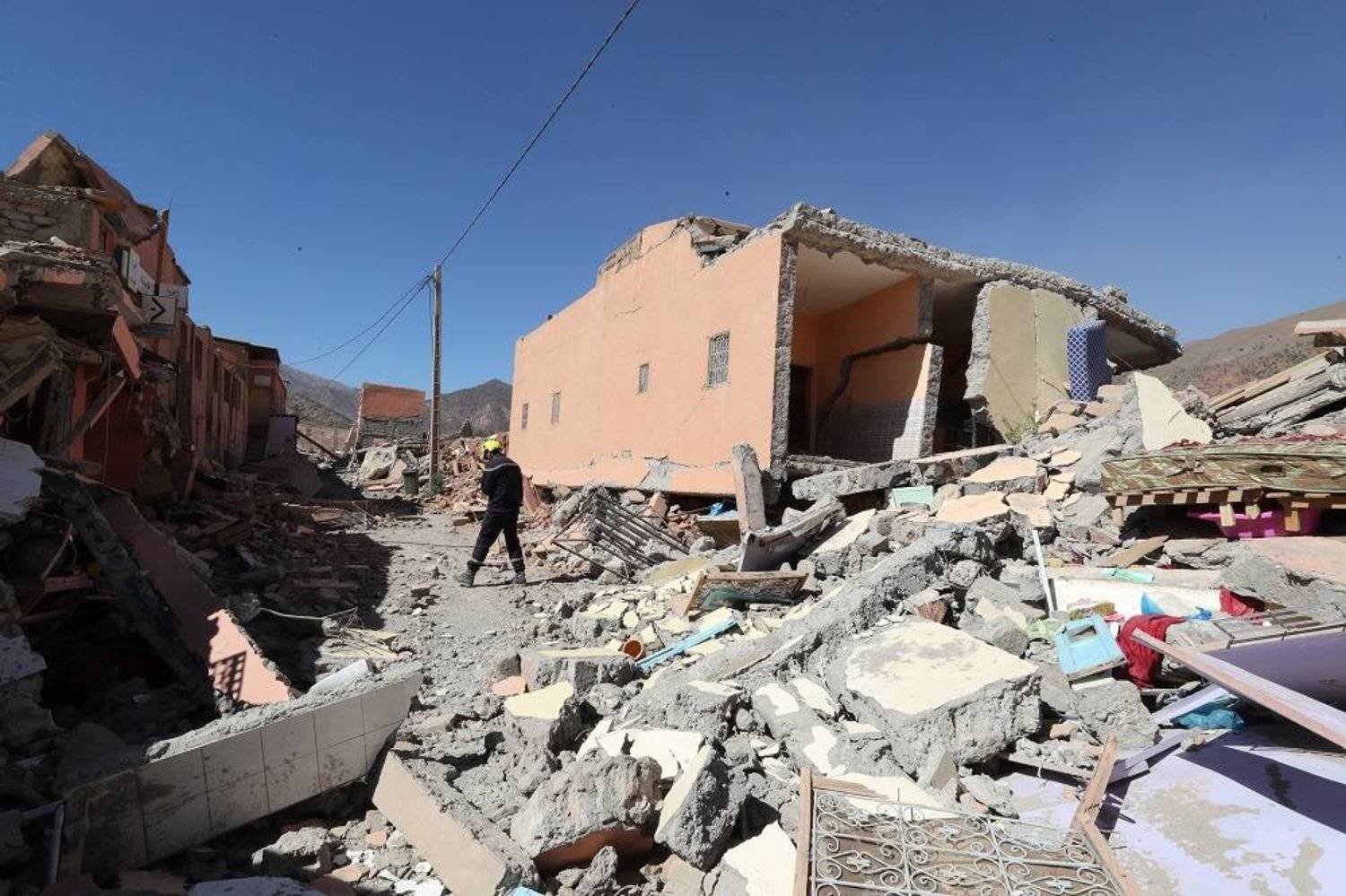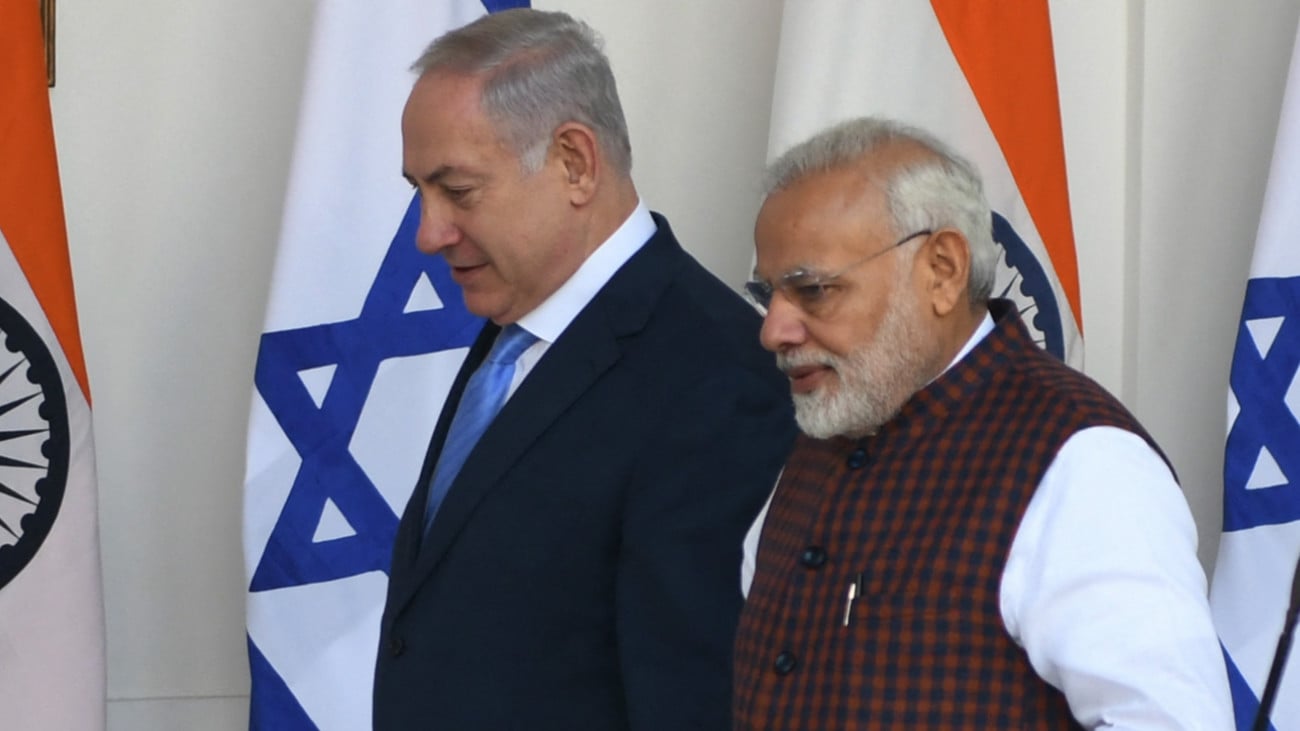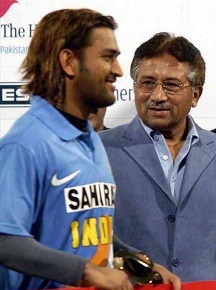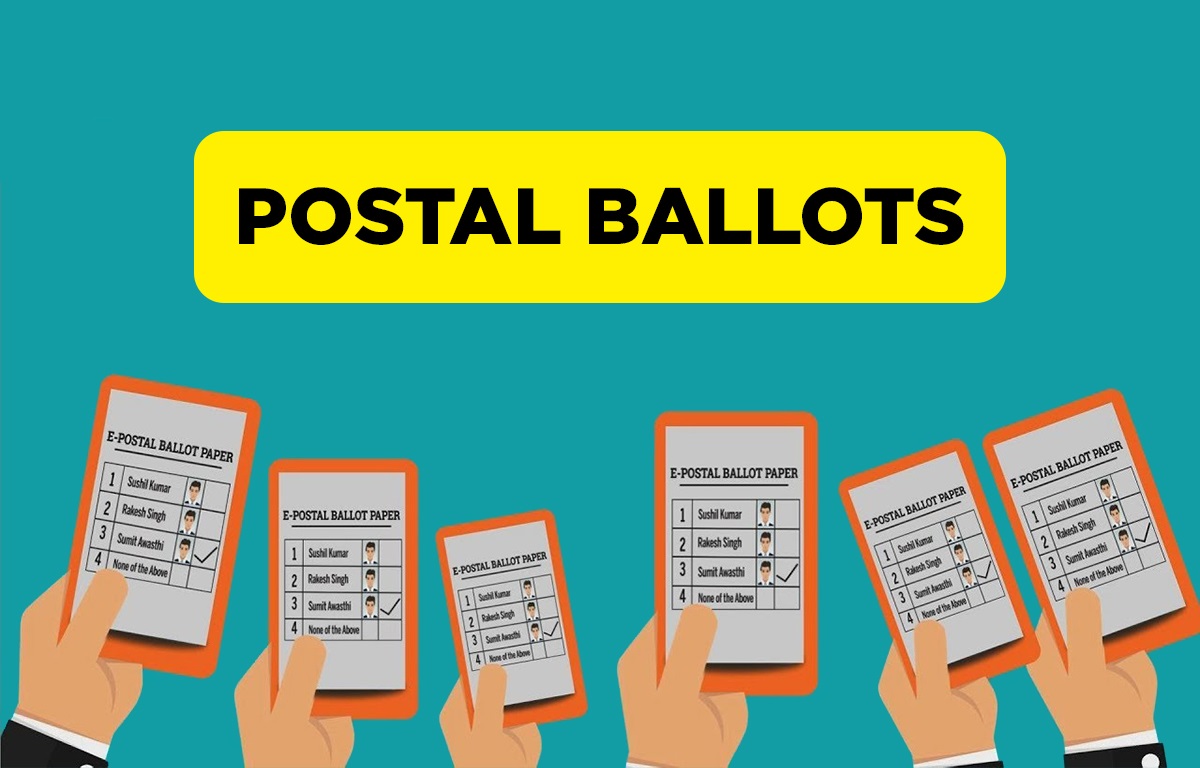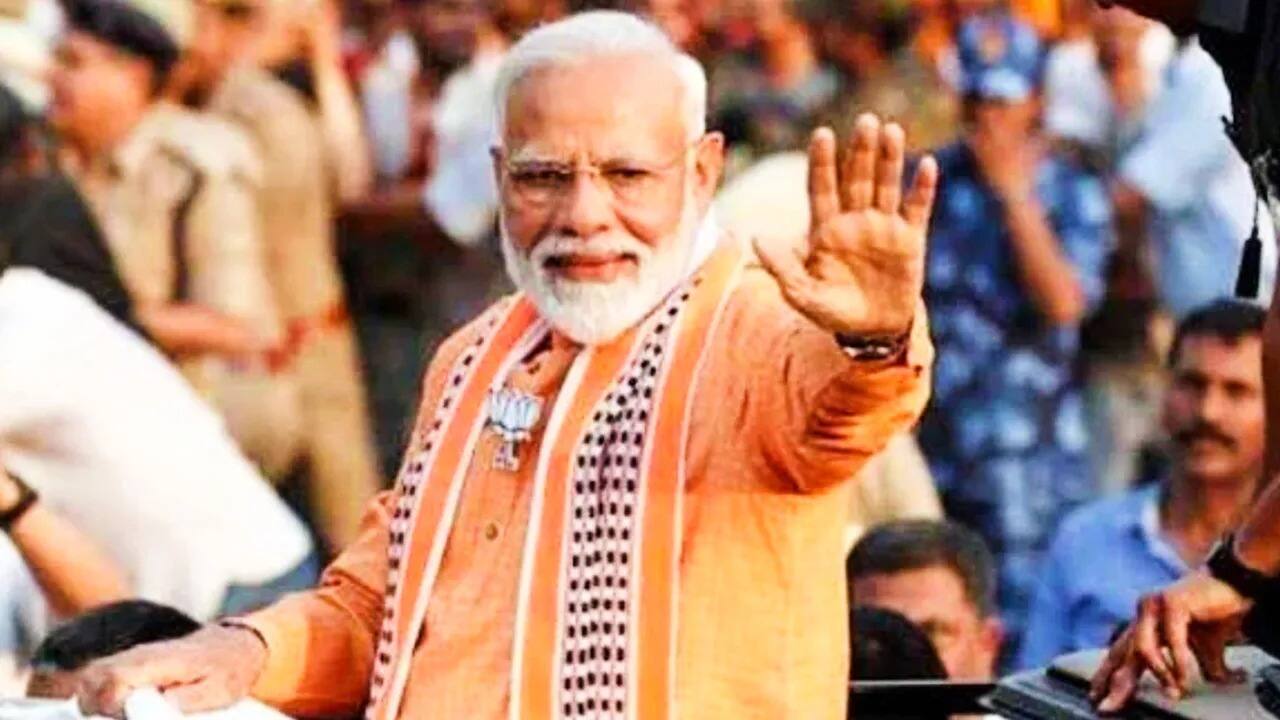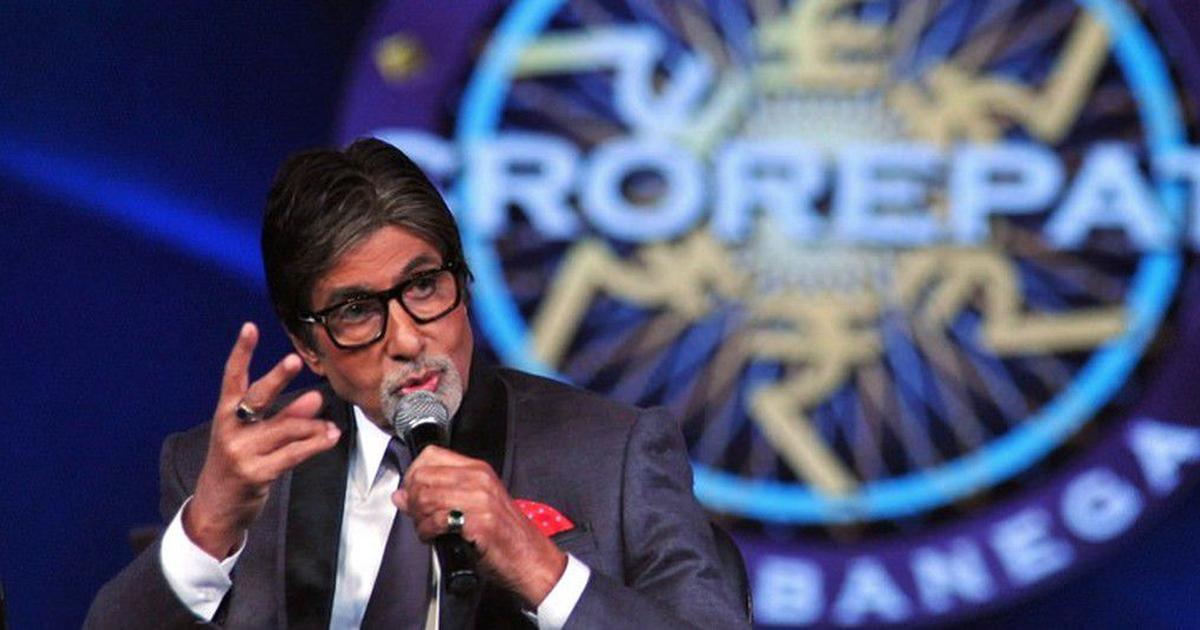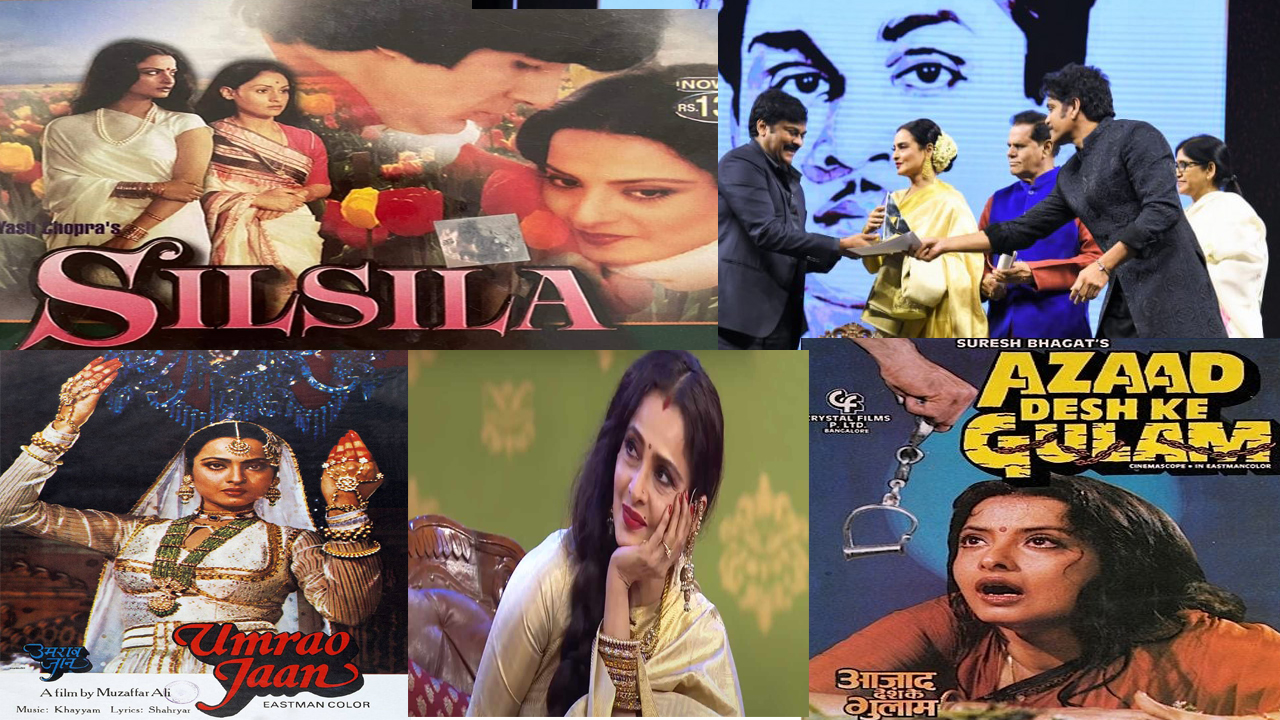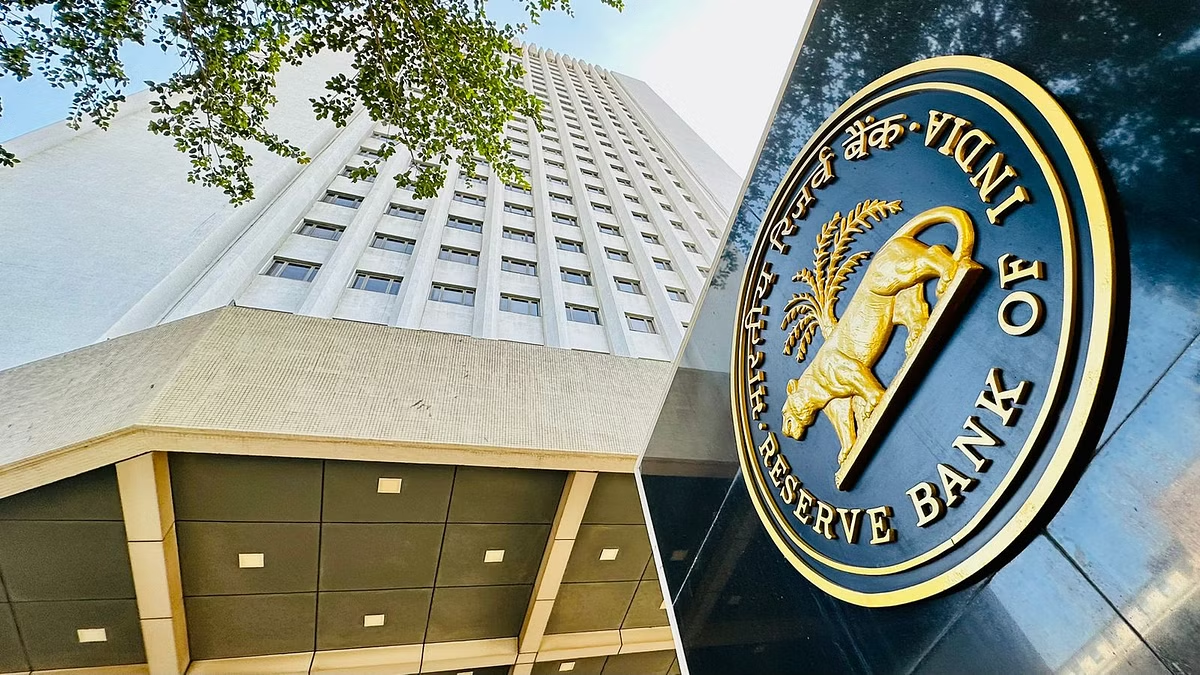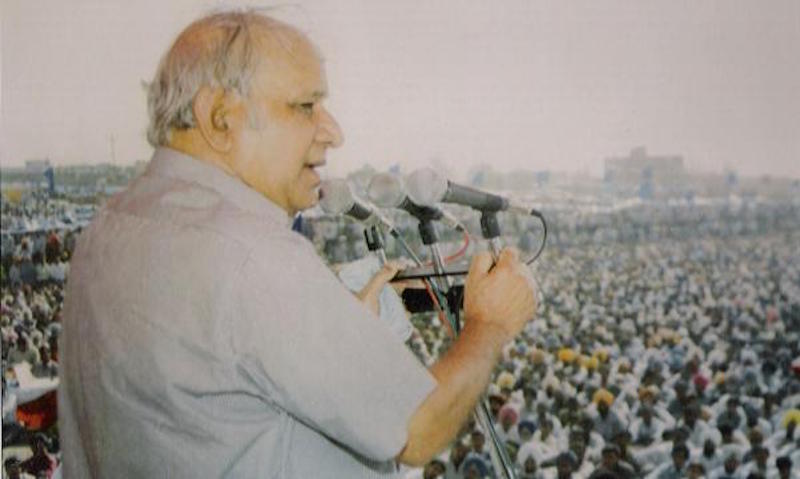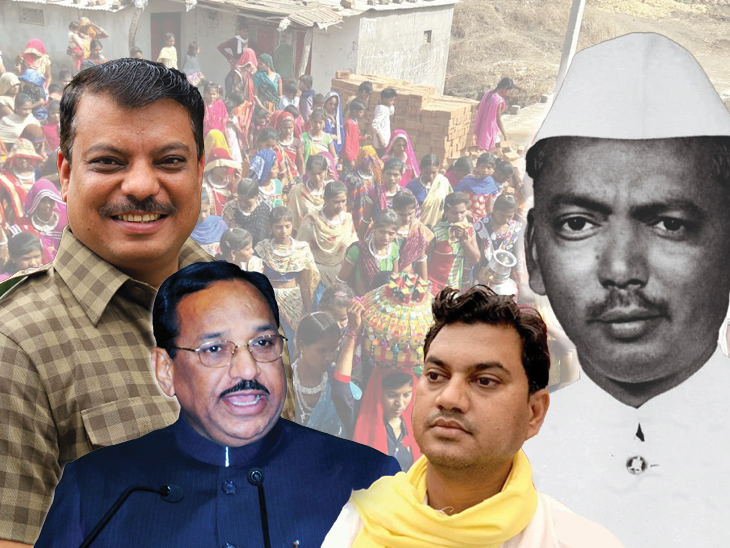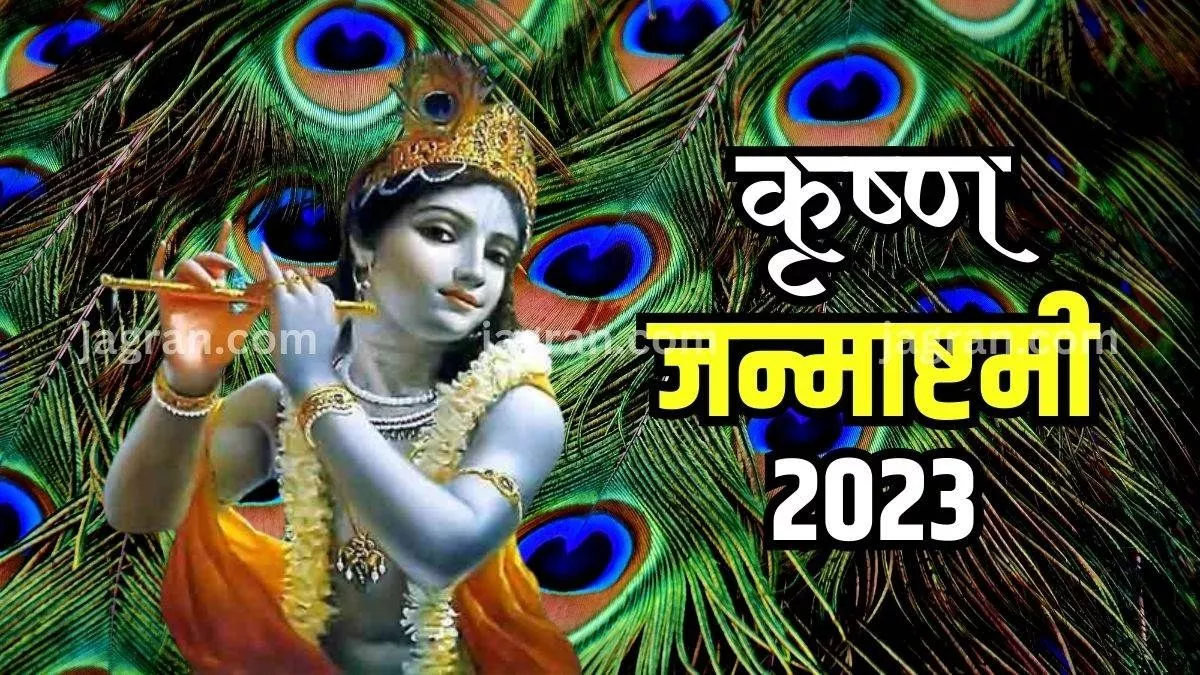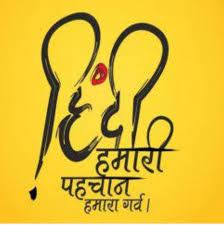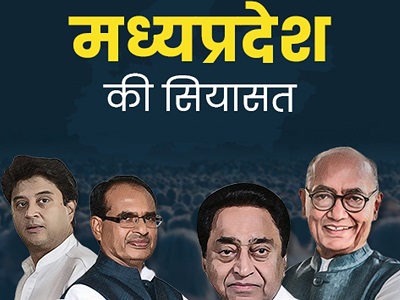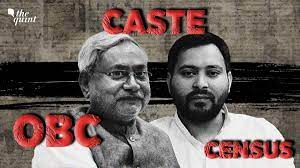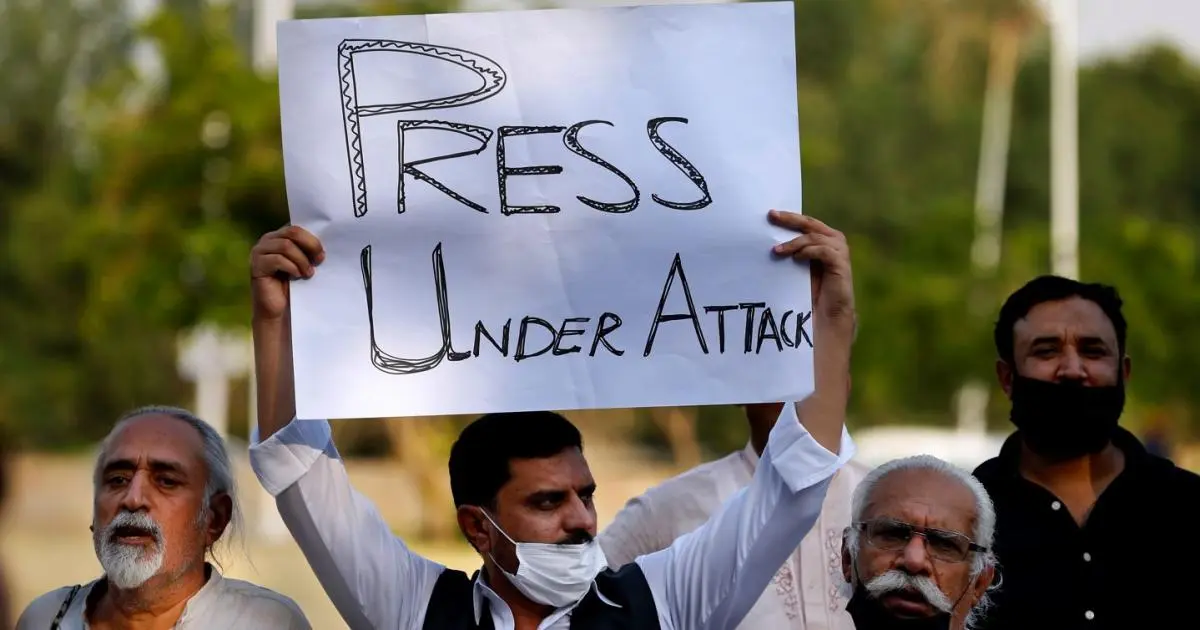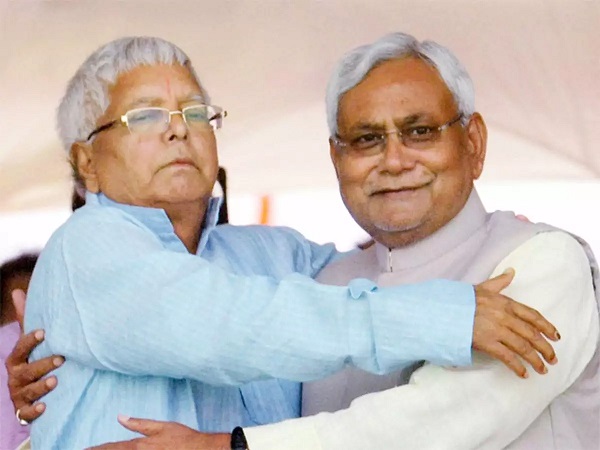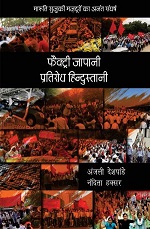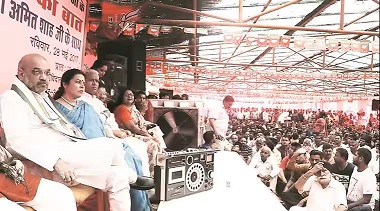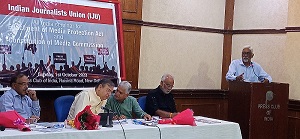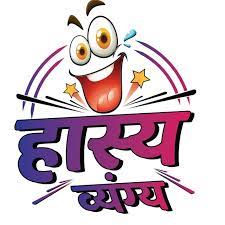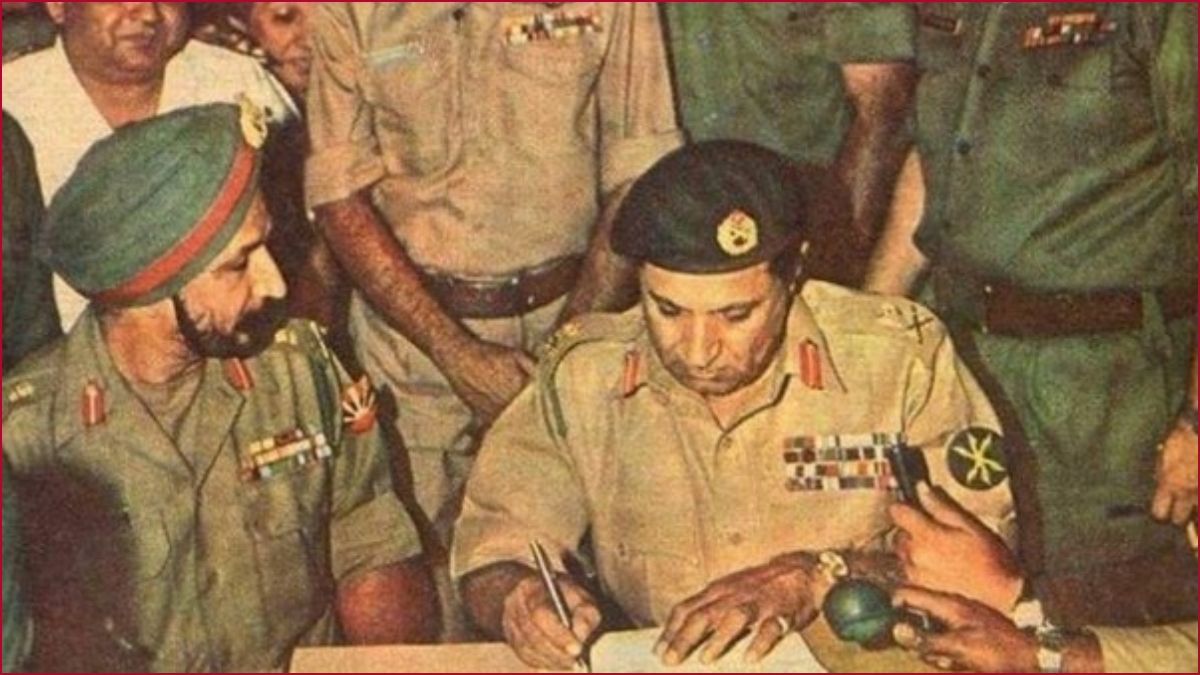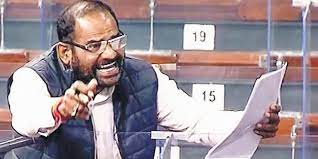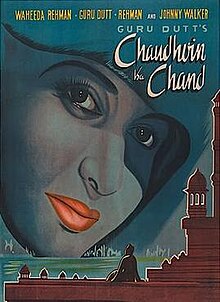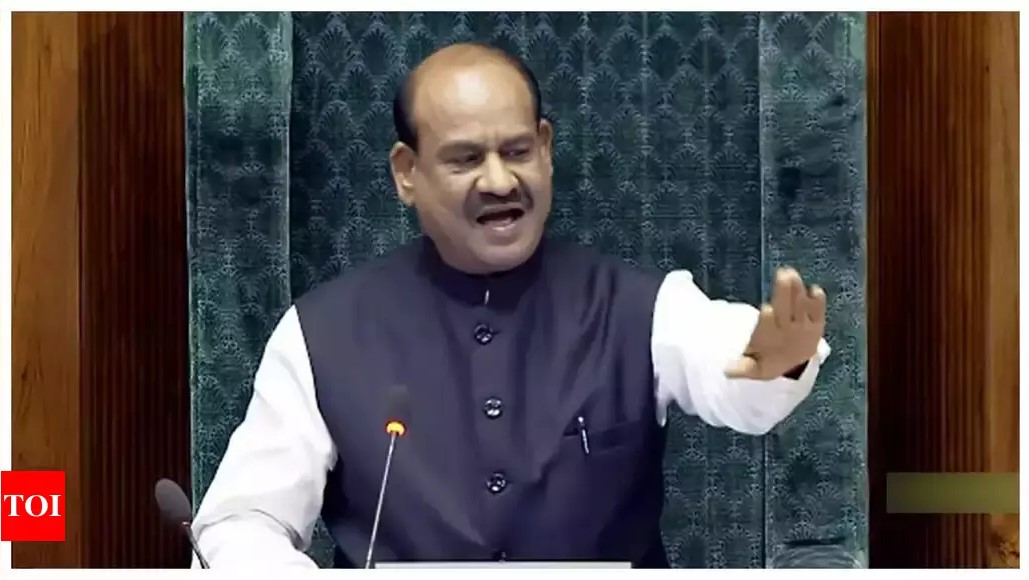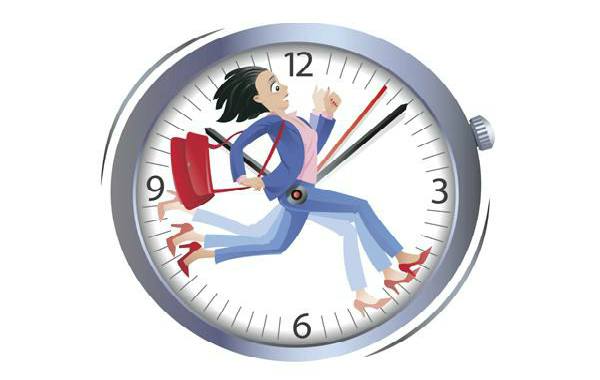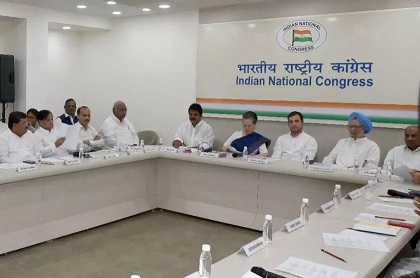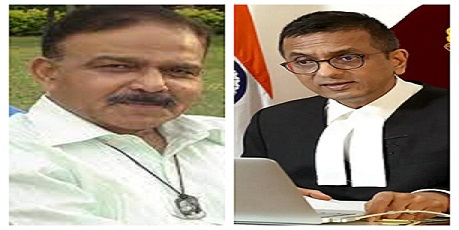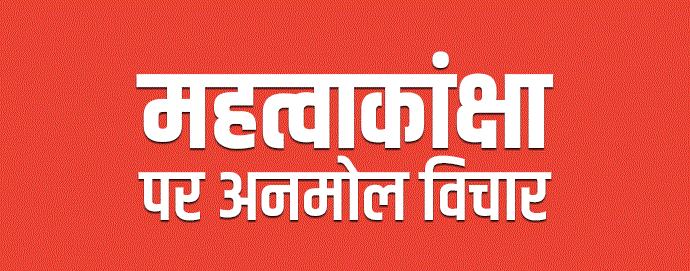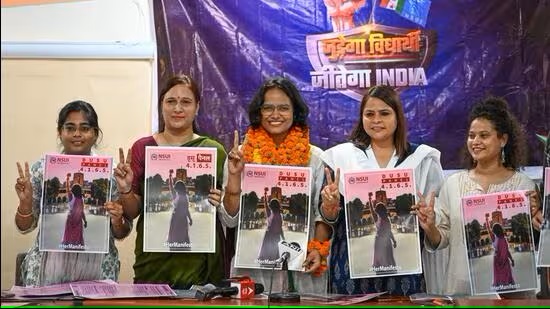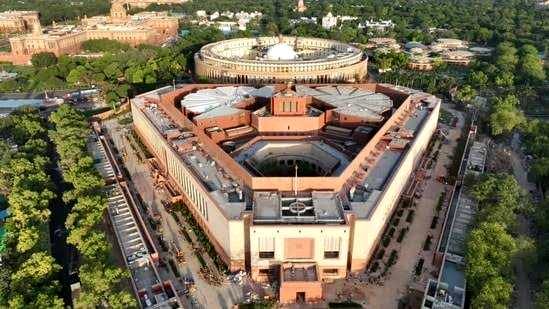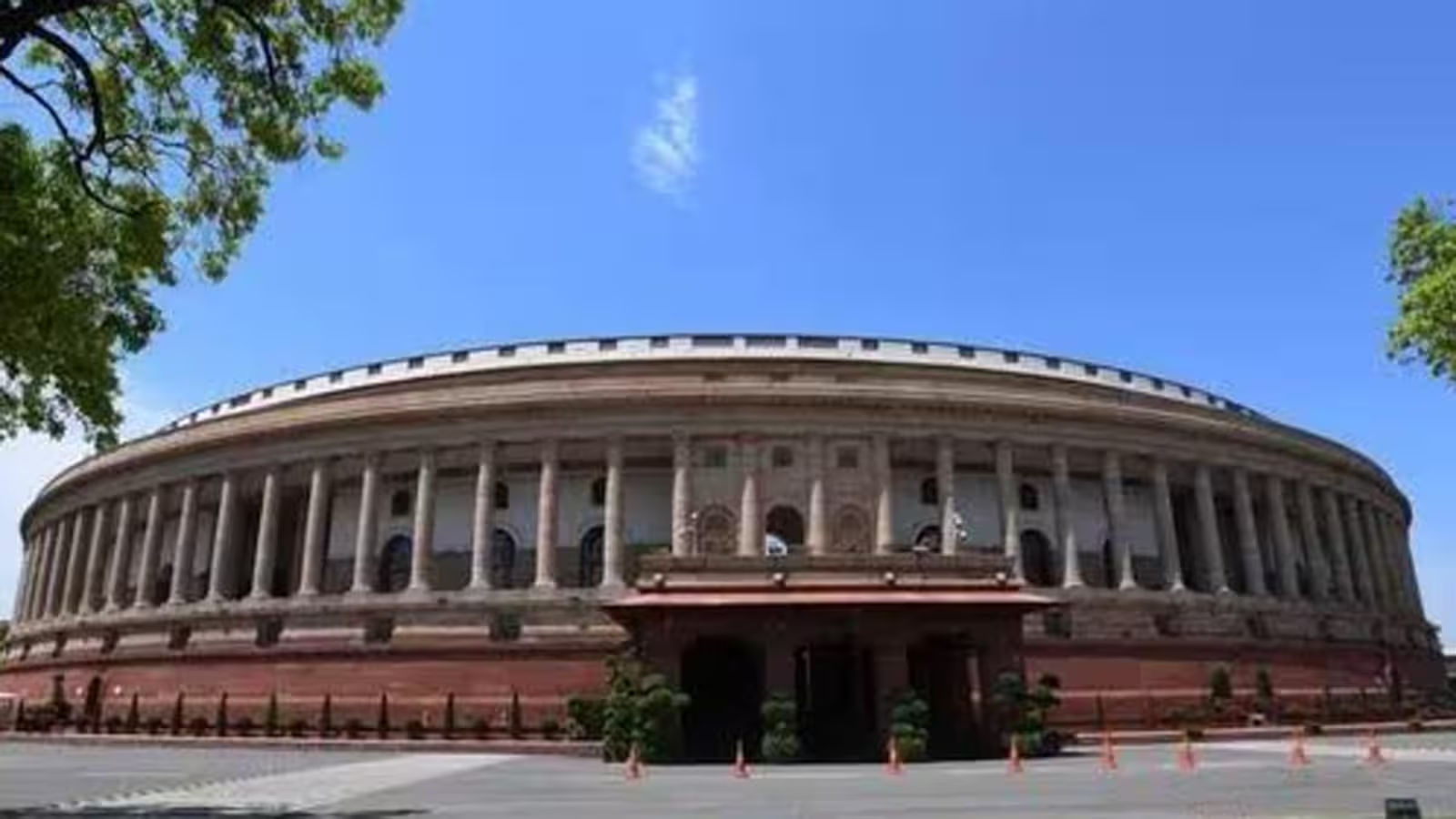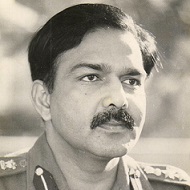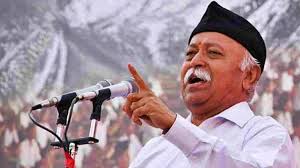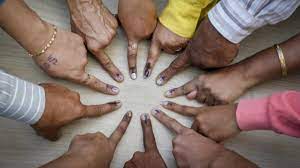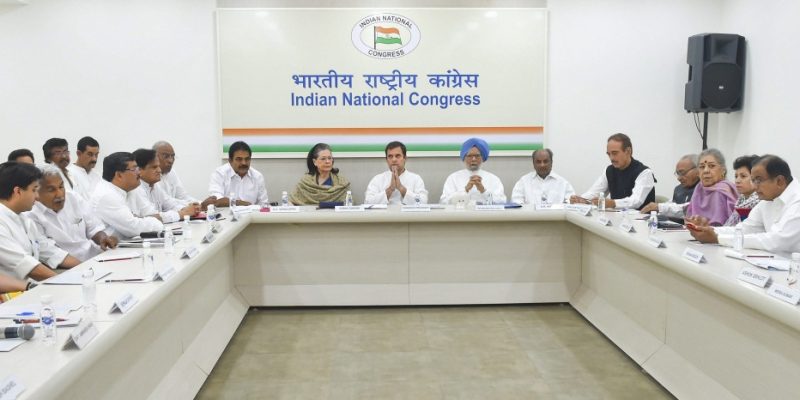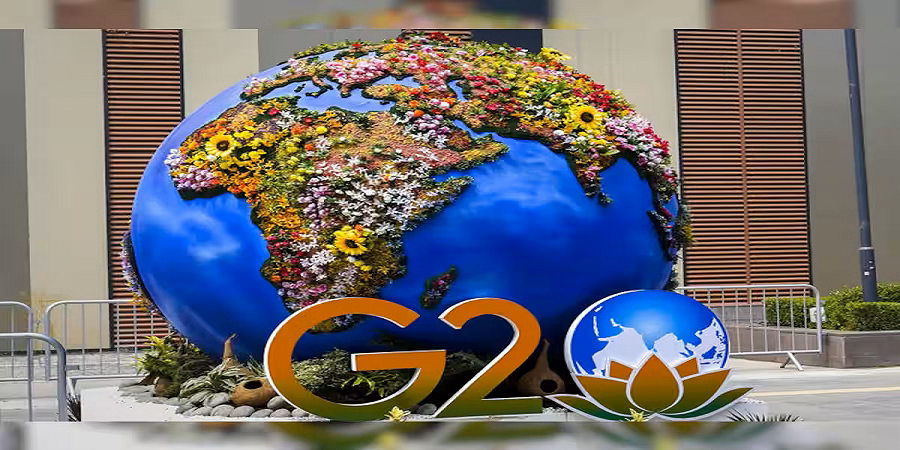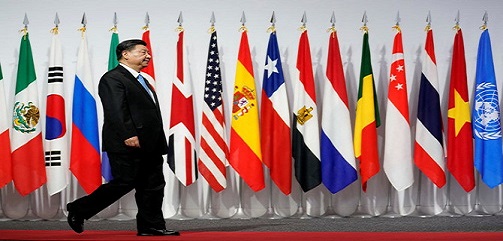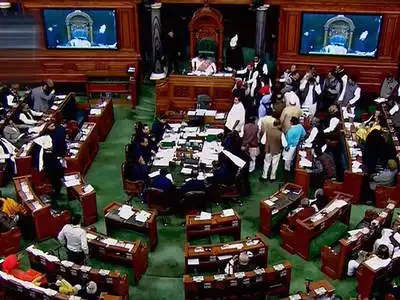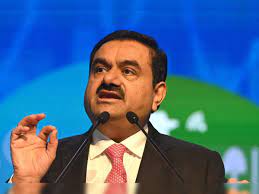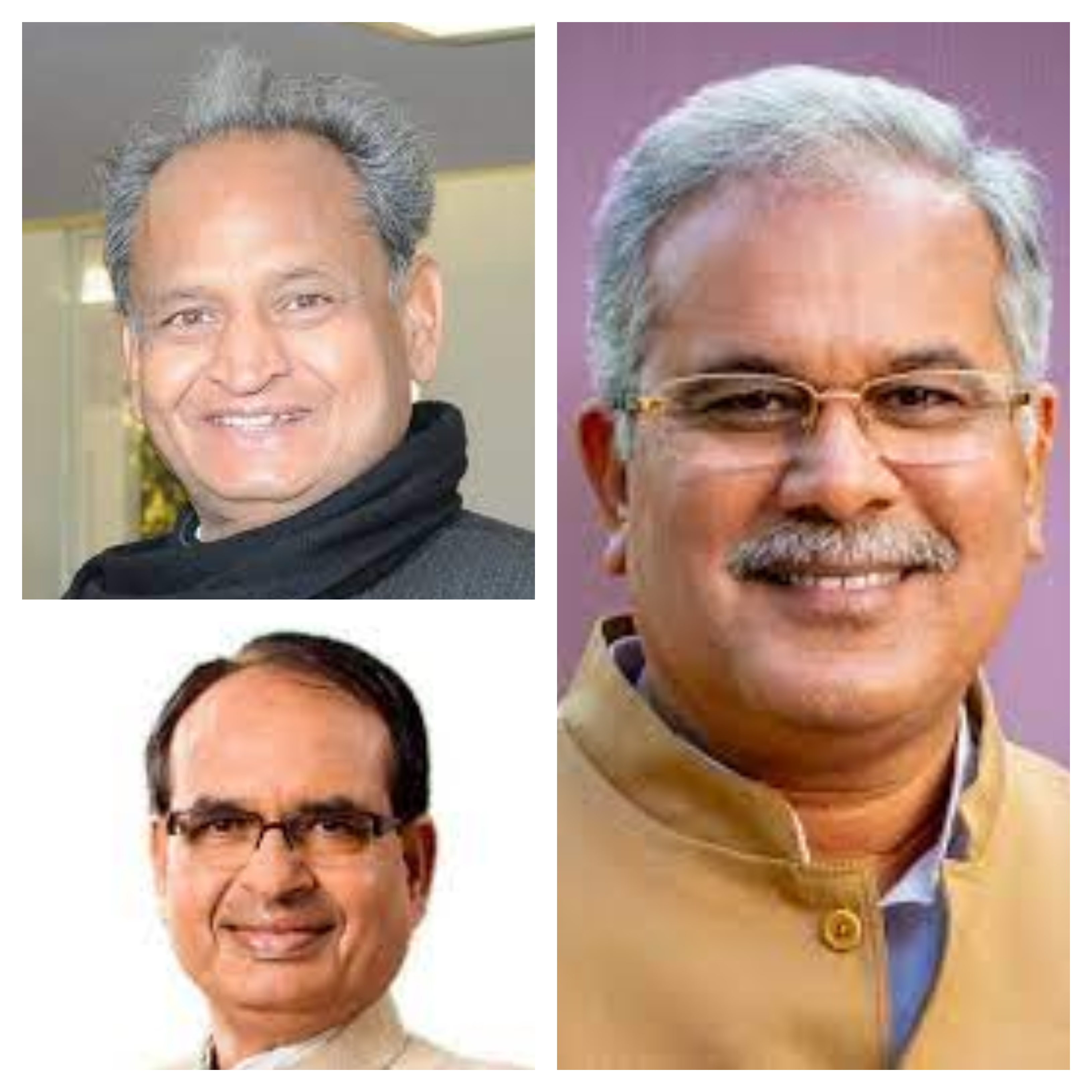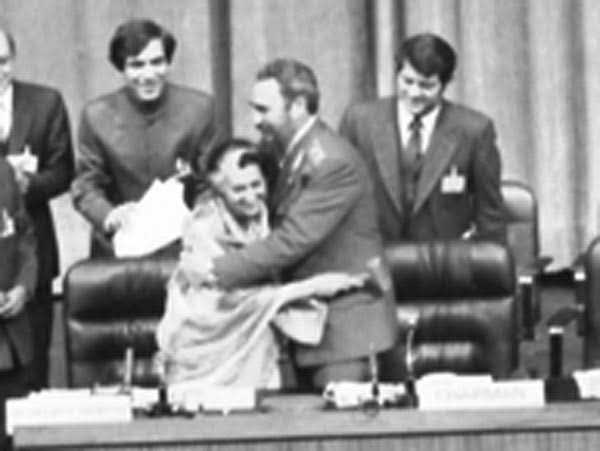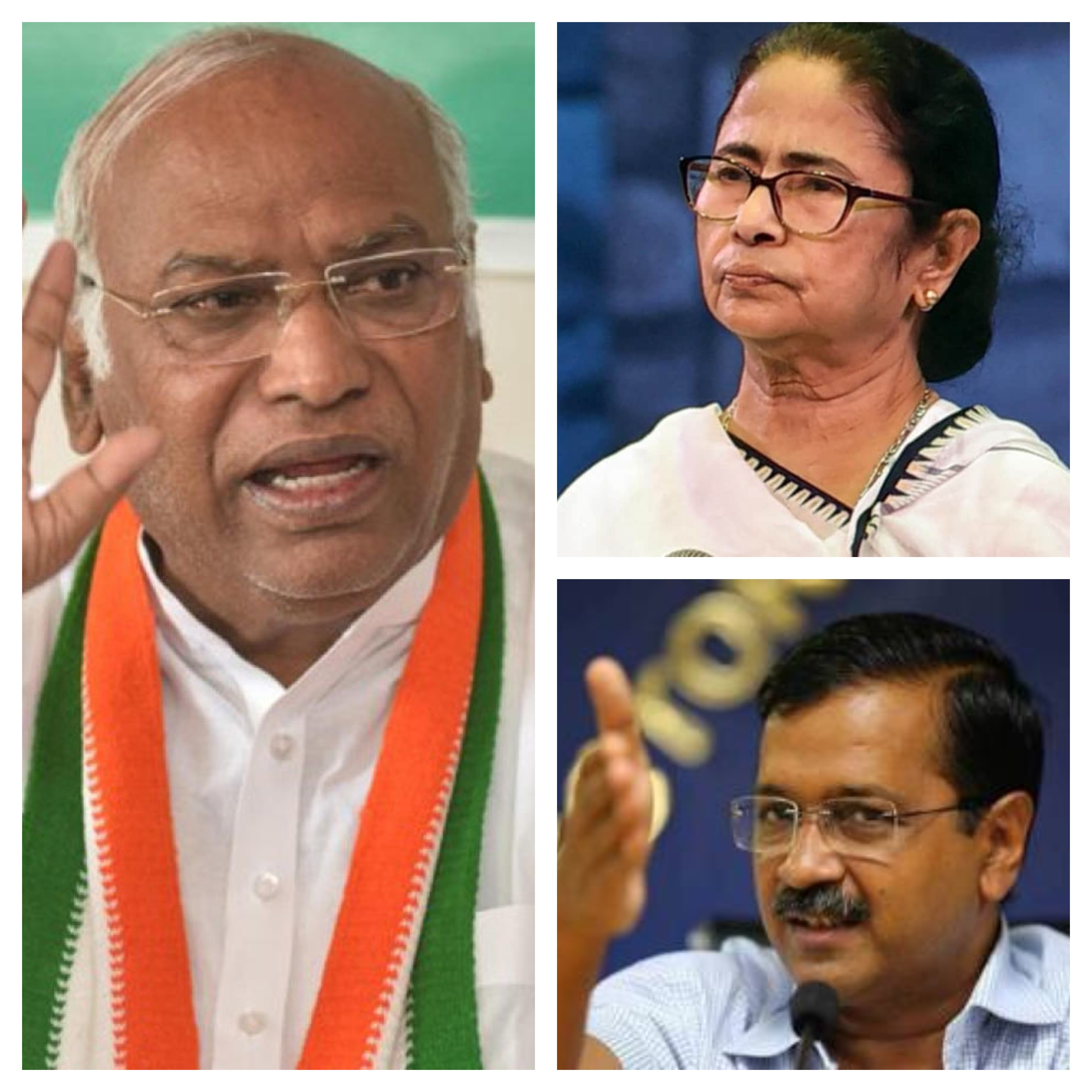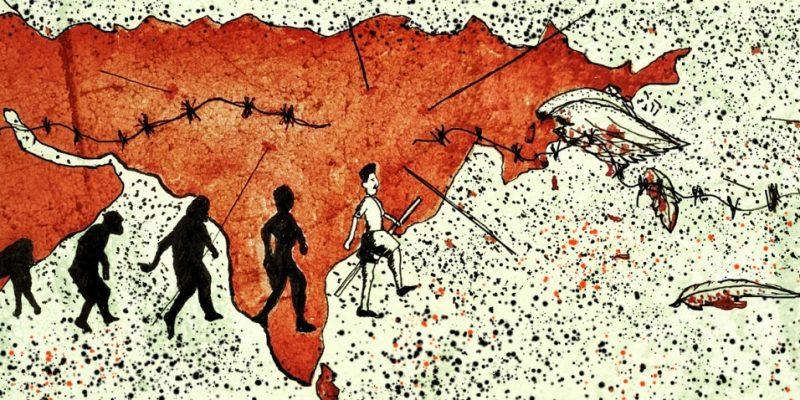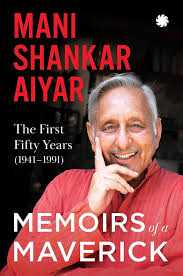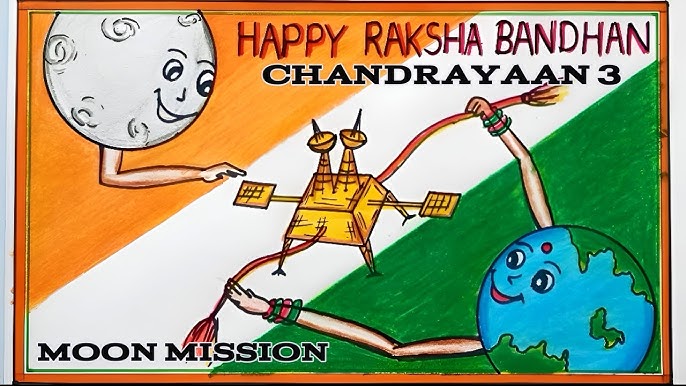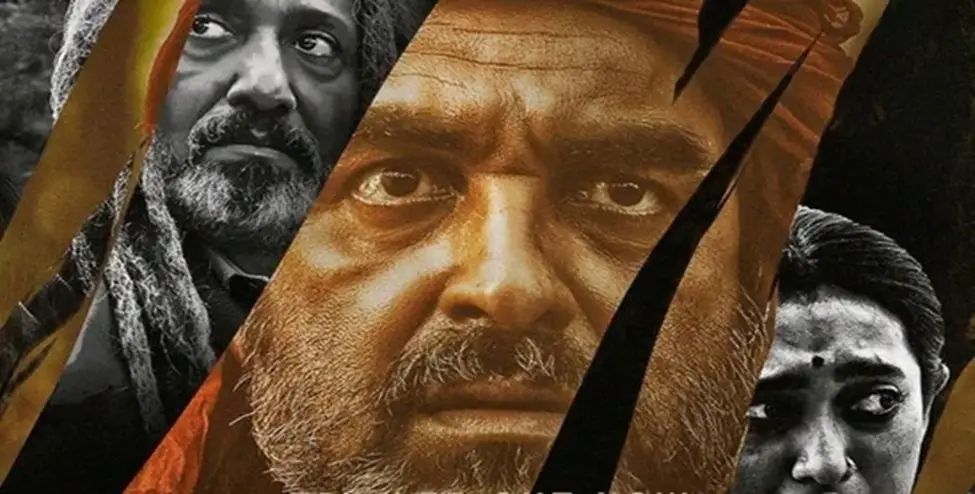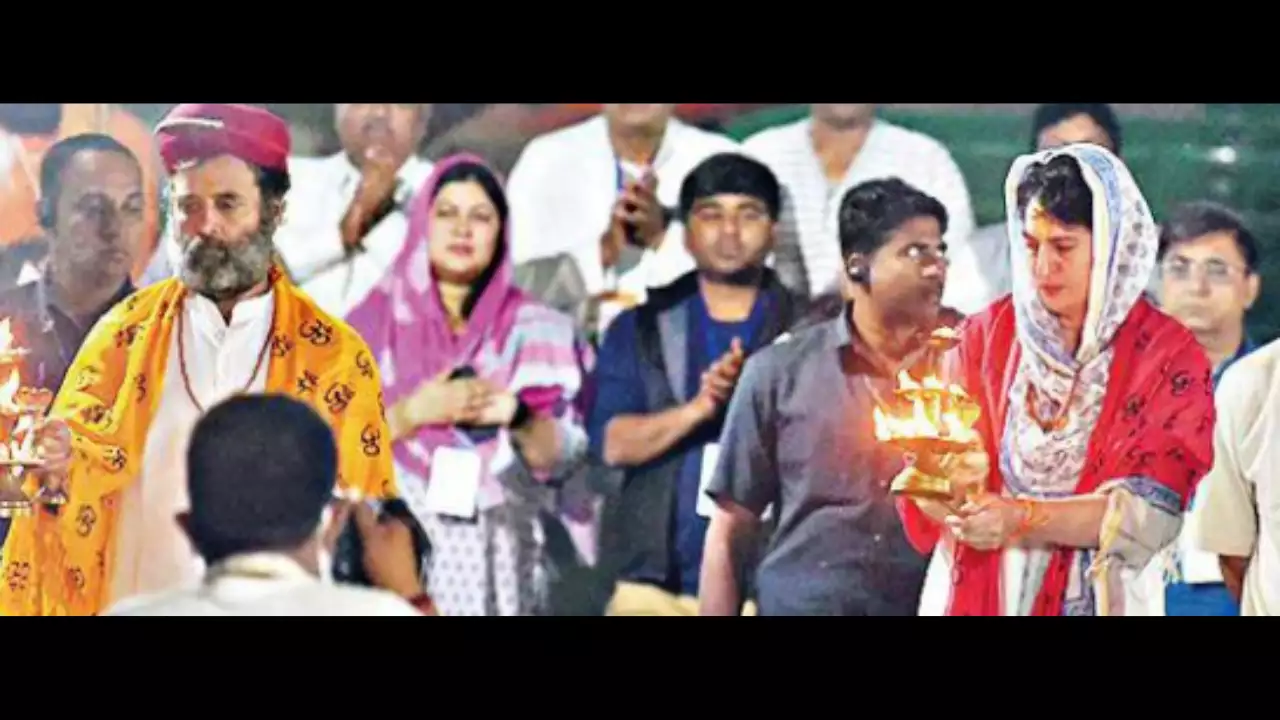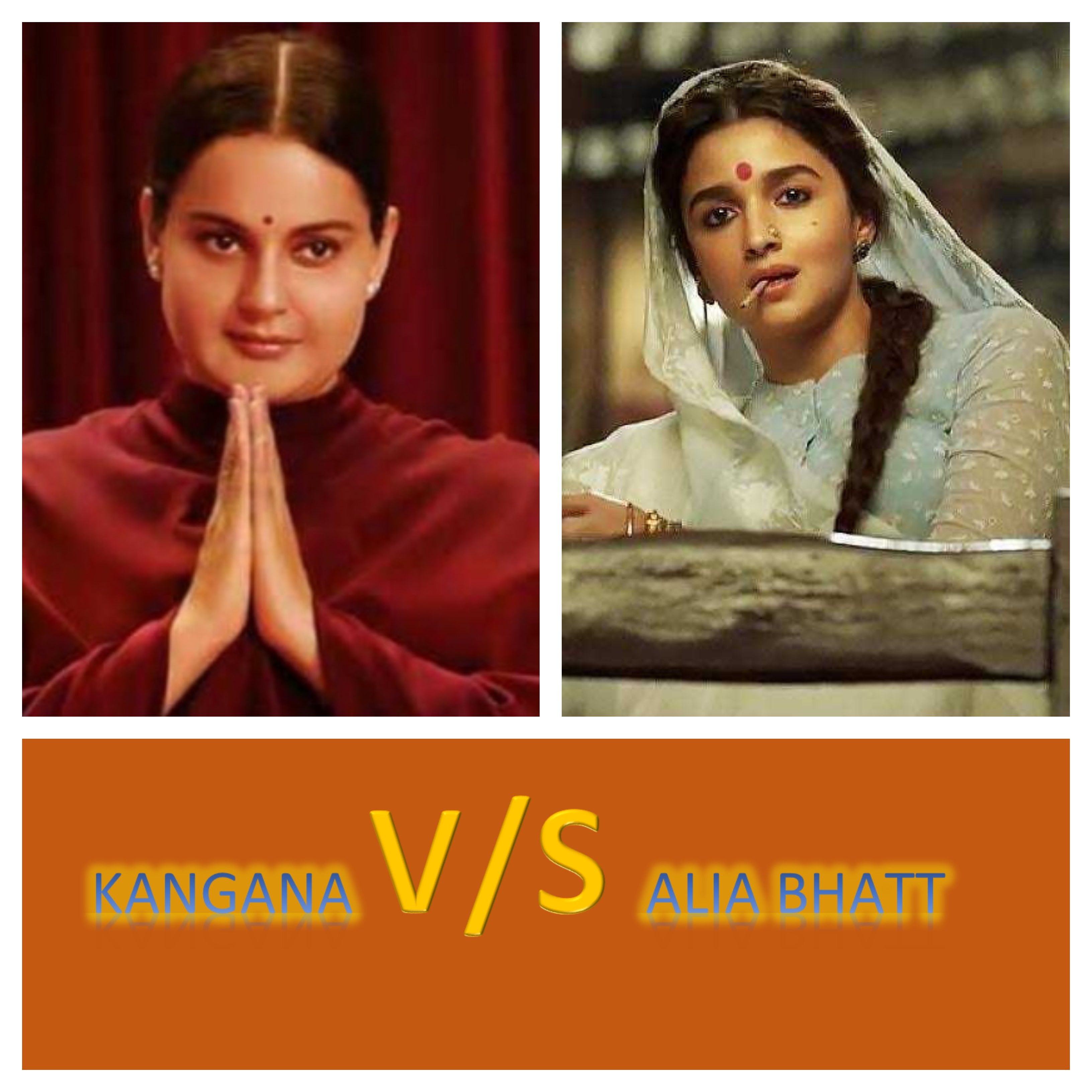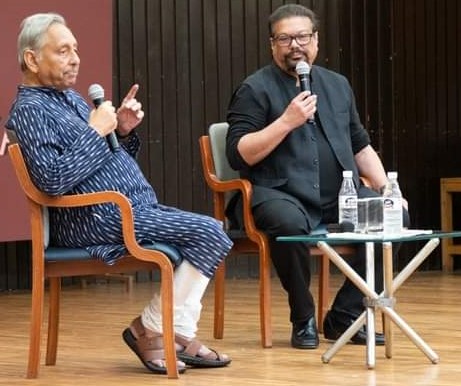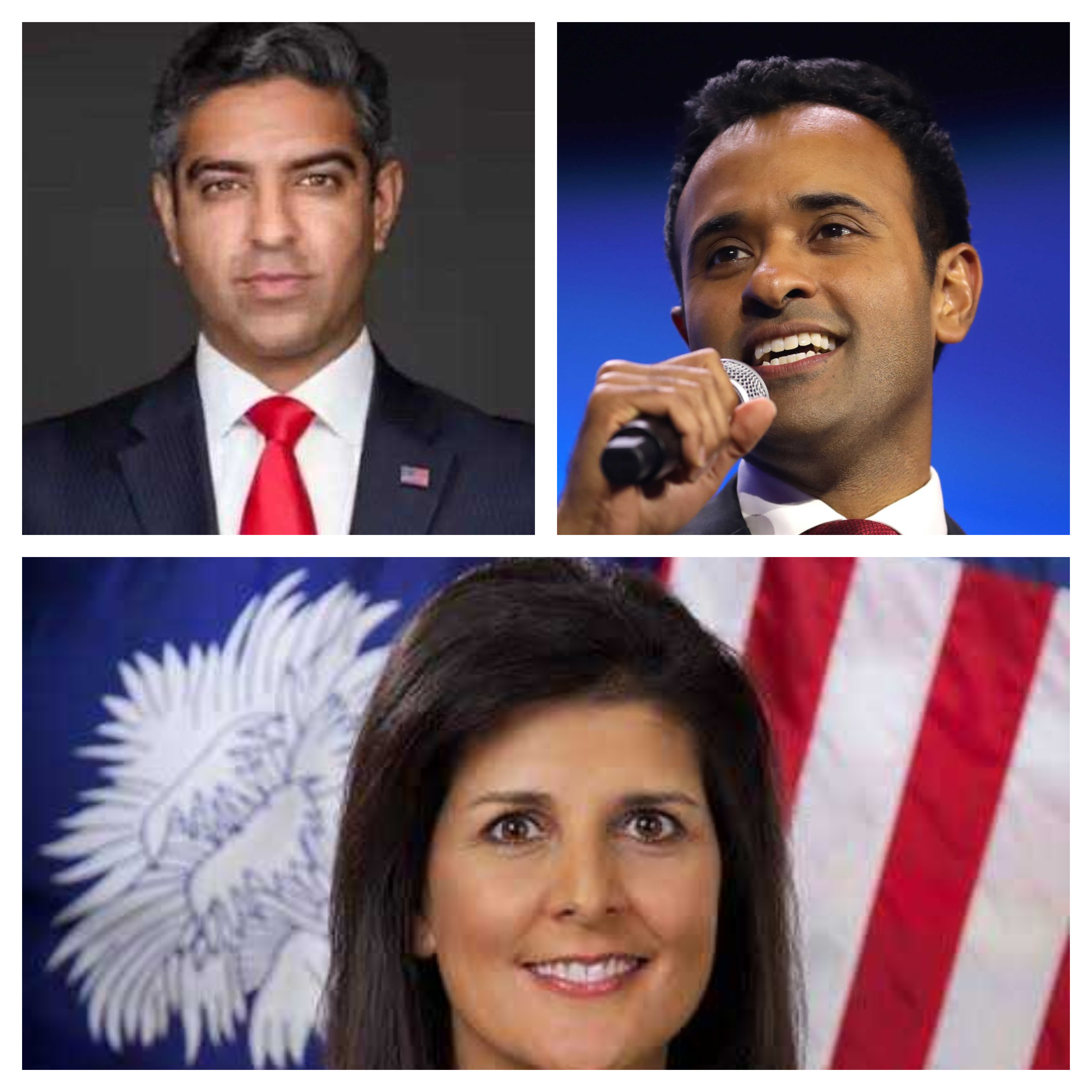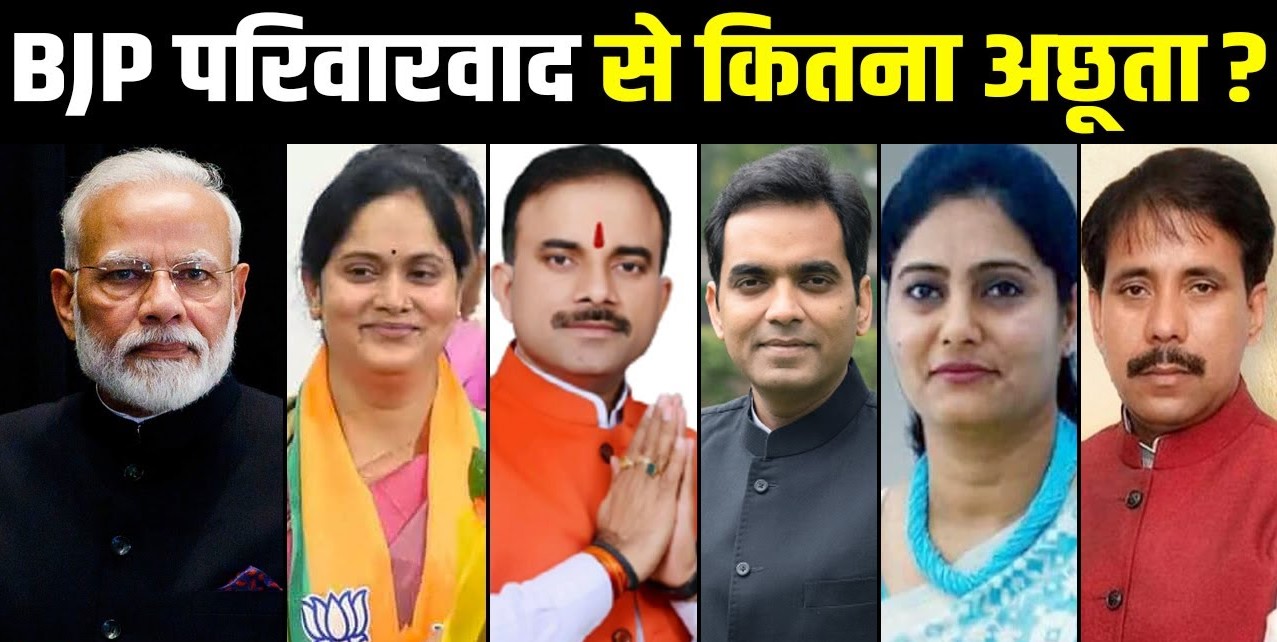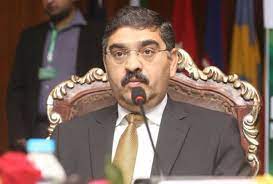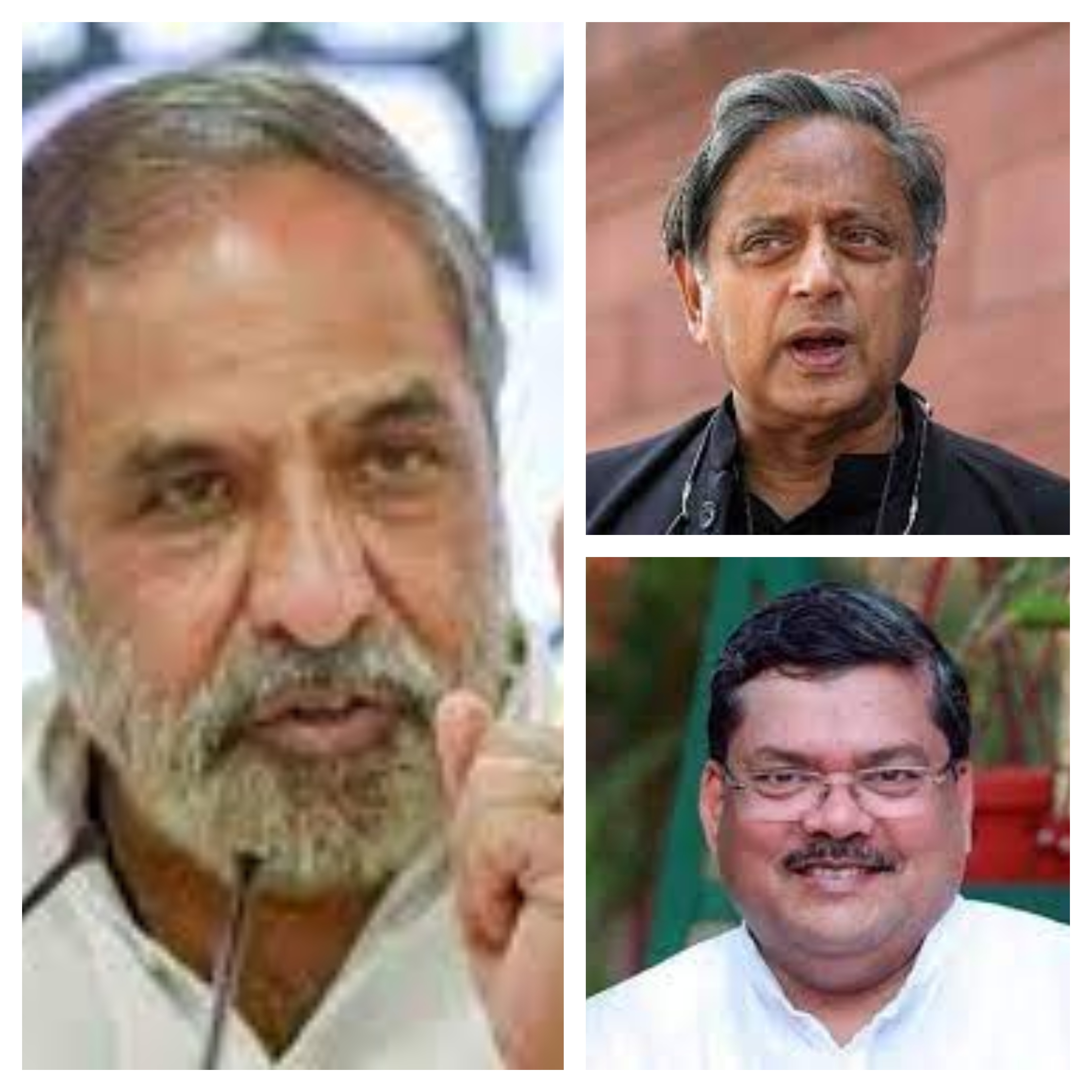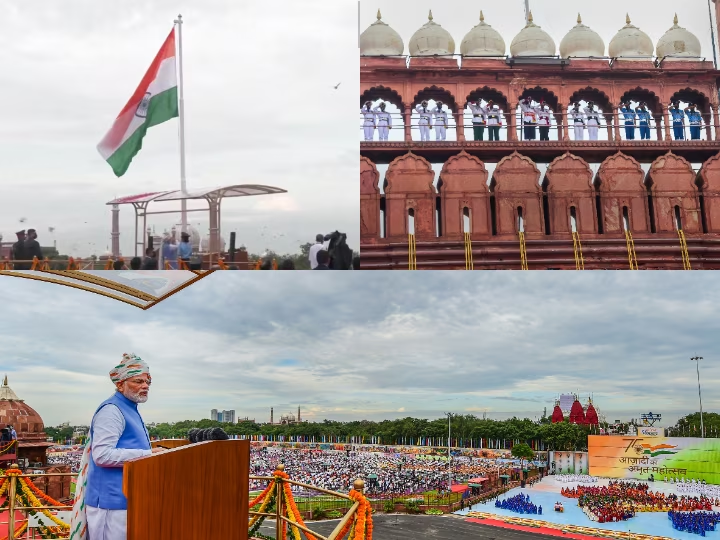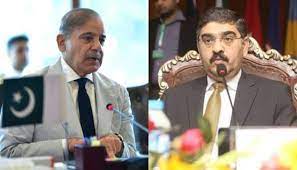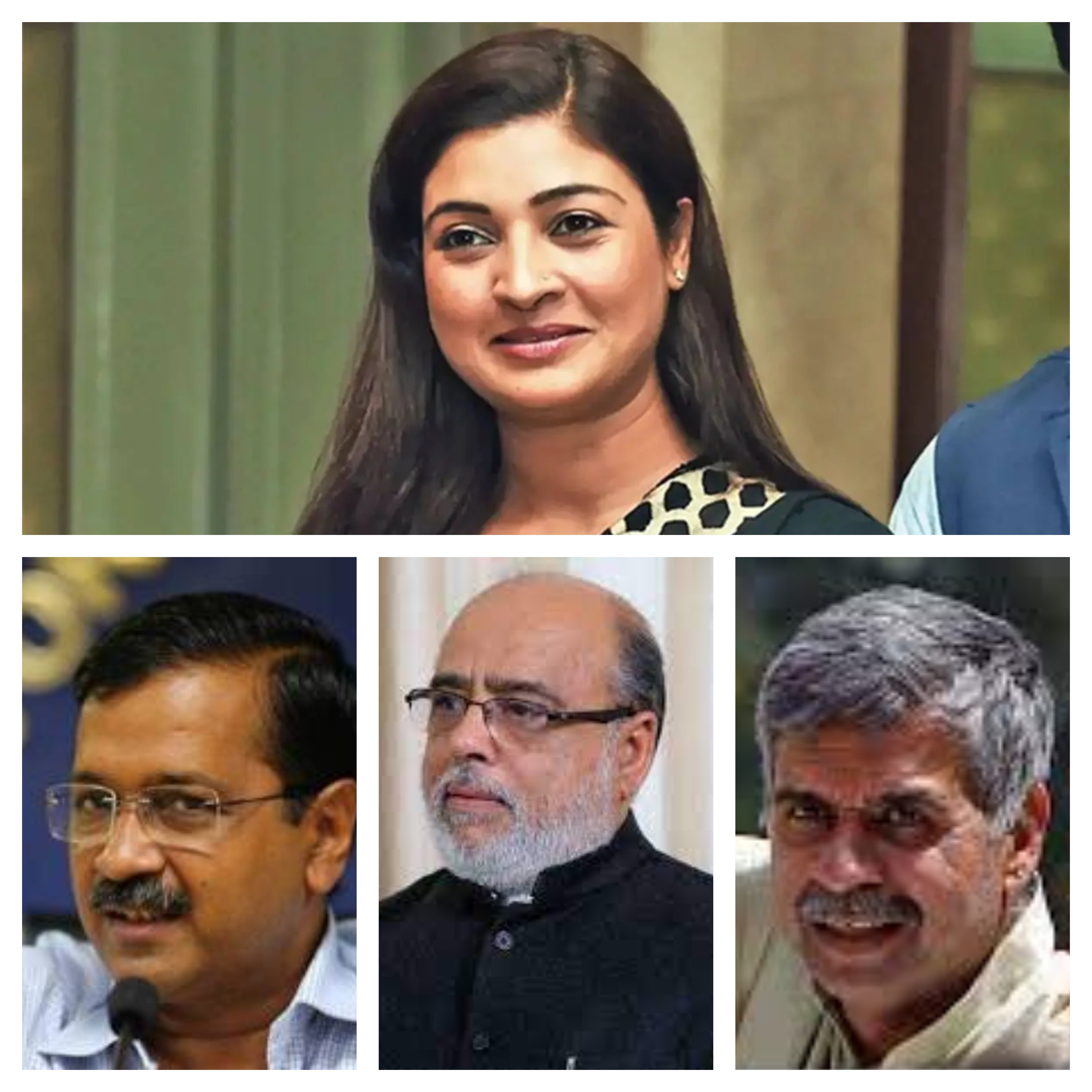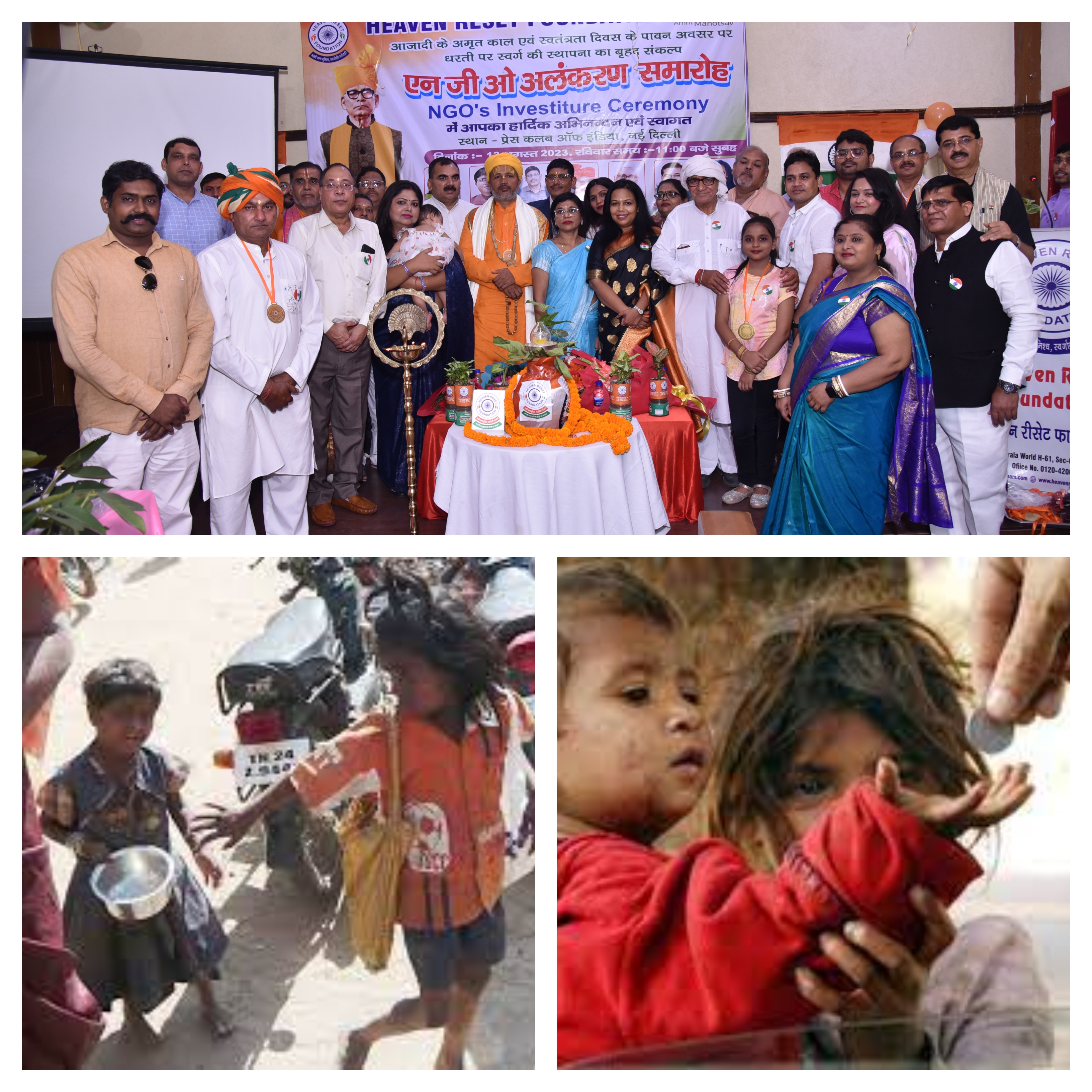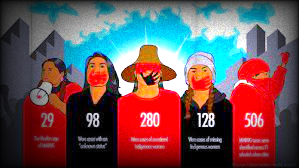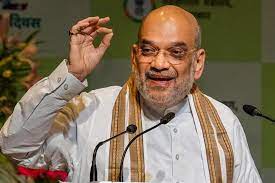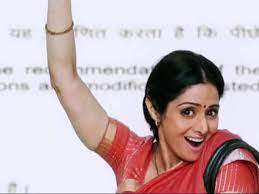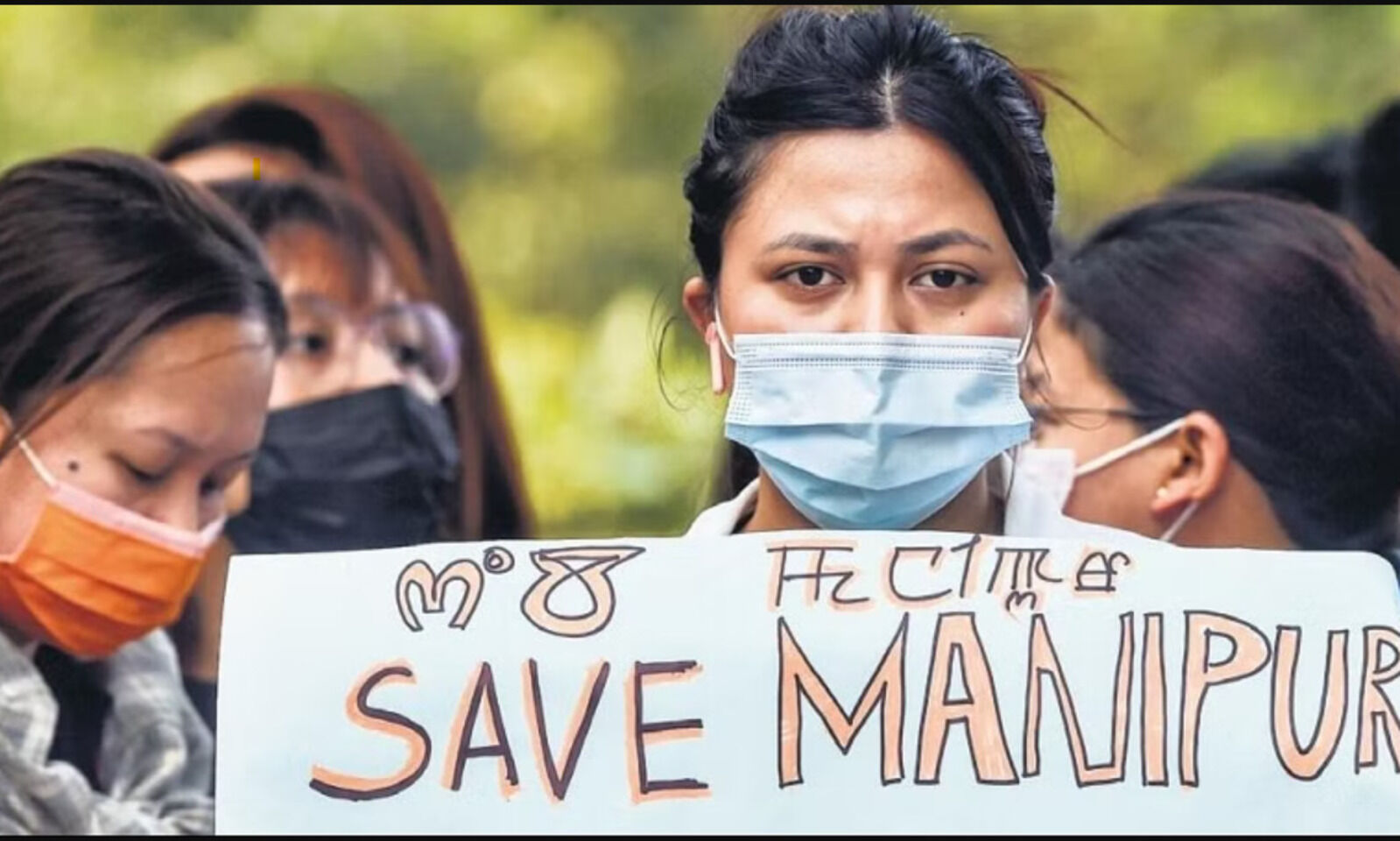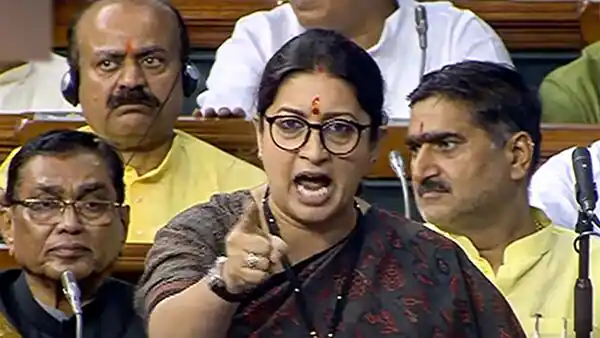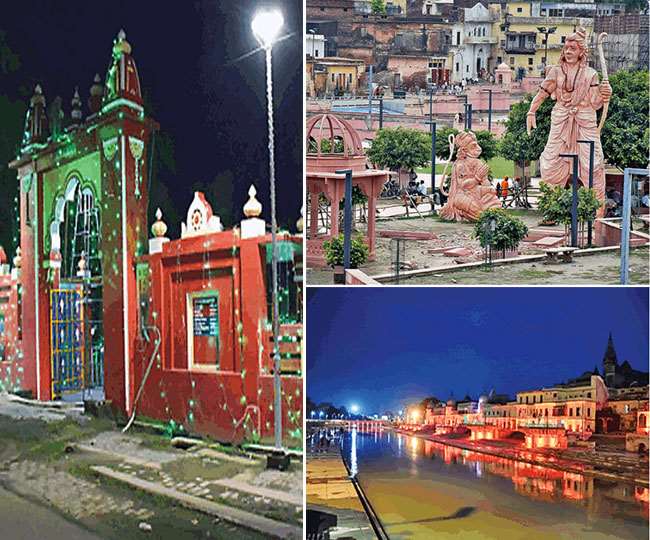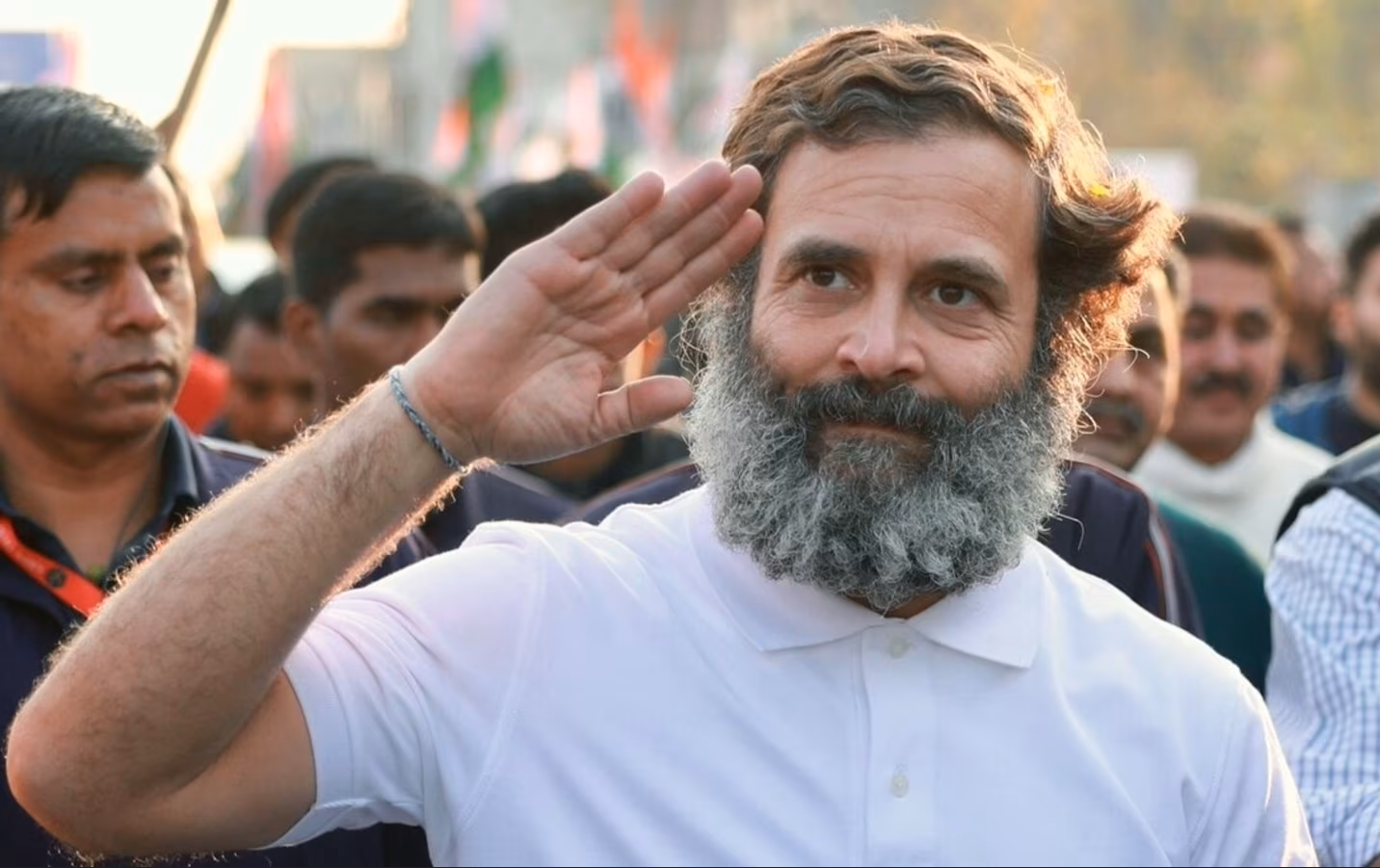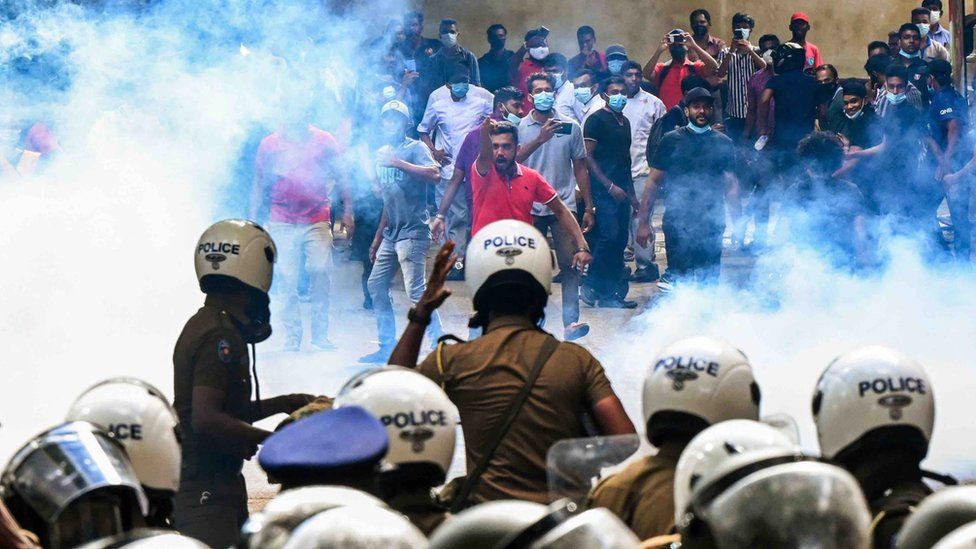14
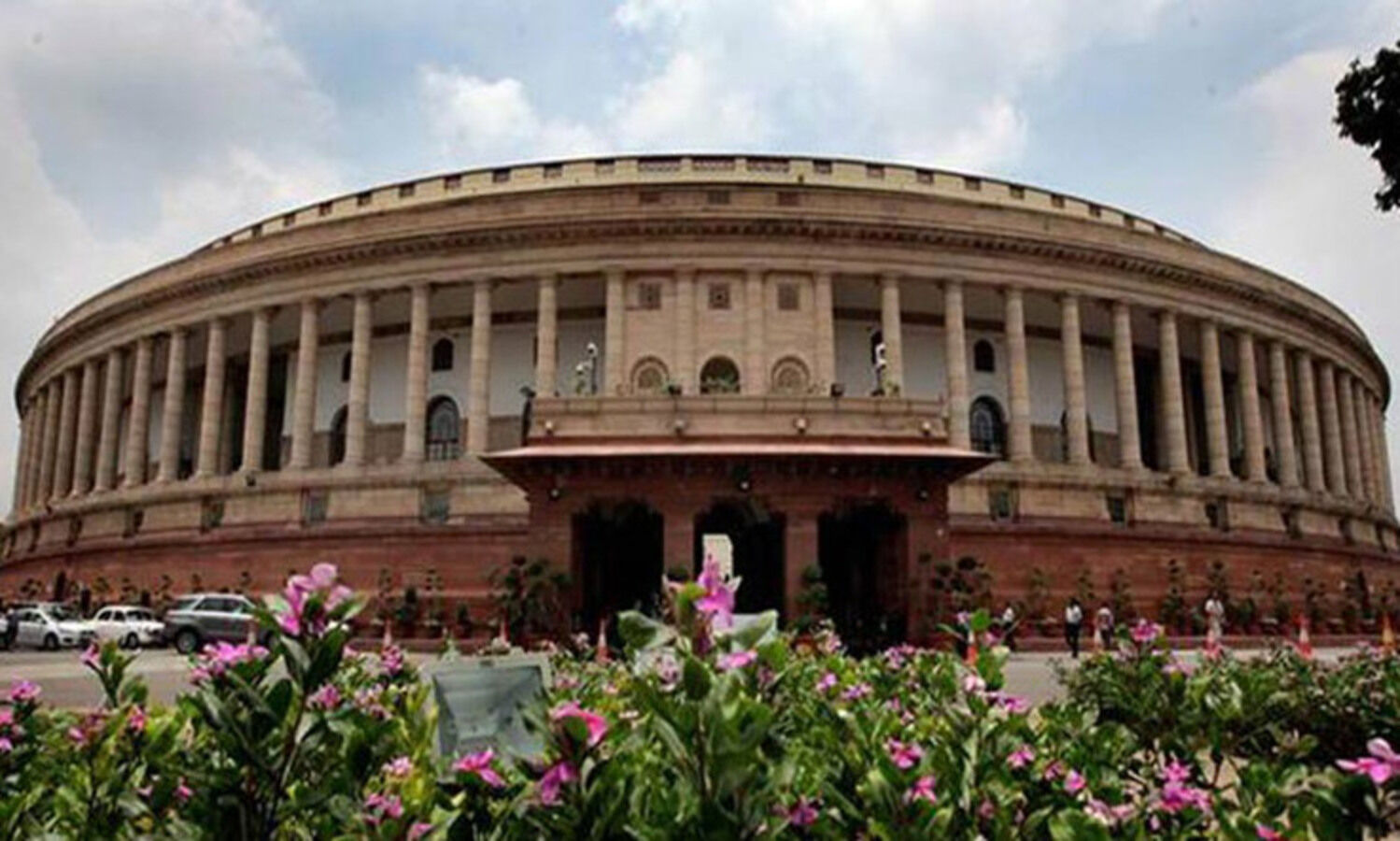
New Delhi, August 14, 2023
Facing its first test of unity and cohesion after the formation on June 24 this year, performance of the INDIA alliance of the 26 parties while being combative surely suffered from effective coordination and lack of preparation among members. In figurative terms, INDIA’s show left much to be desired.

Dr Satish Misra
Parliament’s 23 days long Monsoon session, ending on August 11 was in short a show of crude arrogance of the ruling NDA coalition that was hell-bent on pushing its agenda at any cost with least regard to either old and established conventions and traditions.
Facing its first test of unity and cohesion after the formation on June 24 this year, performance of the INDIA alliance of the 26 parties while being combative surely suffered from effective coordination and lack of preparation among members. In figurative terms, INDIA’s show left much to be desired.
However, it succeeded to put the government on the mat forcing the top leadership to deploy all means to divert people’s attention from crucial and burning issues like that of Manipur. Highlight of the session remained the opposition INDIA’s no-confidence motion that forced Prime Minister Narendra Modi to come to the lower house to reply.
Undoubtedly, claims of the treasury benches that important bills were passed during the session are true but all these bills including three bills related to overhaul of criminal justice laws that were presented on the last day of the session by Union Home Minister Amit Shah were marked by undue haste and lack of in-depth deliberations.
While the government has pointed an accusing finger towards the opposition for lack of deliberation on the important bills but the treasury benches appeared least interested to take cooperation of the opposition which was merely demanding discussion on Manipur where violence had been continuing since May 3 and the governments both at the Centre as well as in the state had failed to restore peace.
The government had apparently made it a prestige issue that it was not willing to accept the opposition’s demand to have a discussion on the ongoing human tragedy in the north eastern state where women’s dignity had been violated, arms had been lotted form the police, over 150 people had died in ethnic strife and thousands had been injured under a Rule of Procedure that required the Prime Minister’s presence and participation.
Refusal, rather the obstinacy of the ruling party to ride rough shod on the opposition and rise above the narrow partisan interests in the larger interest of the suffering of the people of Manipur was the BJP led government’s tactics to protect the image of Prime Minister Modi in public perception.
Despite its supremacy in terms of numbers, the Modi government opted to treat the opposition as its enemy rather as rivals as should happen in parliamentary democracy. The end result was that there was no discussion on the human crisis in the Rajya Sabha and Manipur came for brief mention for four minutes by the Prime Minister during his two hours 14 minutes long harangue on the INDIA’s no-confidence motion on August 10, just a day before the session ended.
Irony, rather the government’s insensitivity towards human sufferings was amply visible in the fact that PM Modi chose to mention the burning issue when he saw the opposition staging a walk out in protest over his reluctance to mention Manipur in his first 90 minutes of reply. He chose to dig the past rather on speaking in detail on the current situation in Manipur and treating the issue with compassion sharing the grief.
The Prime Minister’s reply was marked by frivolousness as he stood in the Lok Sabha singing paean for himself, his party and the government while attacking the opposition alliance INDIA in general and the Congress in particular.
The Prime Minister spoke like he was addressing an election rally as he encouraged slogan mongering in the house which was a clear sign of his hubris that does not allow him to be humble but boosts his ego to treat all differing with him or his government as wreckers or saboteurs out to snatch power away from him.
While the government can boast of getting significant bills passed by both houses of Parliament but this claim becomes hollow when one realizes that the procedure followed for their enactment was in contravention of the long held and respected convention that bills are not passed when a no-confidence motion has been accepted. The government went ahead with passing of the bill while Lok Sabha Speaker Om Birla put the motion for discussion on the last day of mandatory 10 days period in which the motion must be put to vote.
Bias or partisanship of the presiding officers, namely the Lok Sabha Speaker and Rajya Sabha Chairman was amply visible as the two were often seen to be favouring the treasury benches rather than fairly treating the opposition as mandated. Suspension of Leader of the Congress in the Lok Sabha and of Aam Admi Party Rajya Sabha MP Raghav Chaddha on flimsy grounds could have been prevented by the chair but the two chose to discipline people’s representatives instead of playing a role that is expected of those holding Constitutional positions.
Return of Congress leader Rahul Gandhi to Parliament after his conviction in the criminal defamation case was stayed by the Supreme Court was another development that took place during the session but here too, Lok Sabha Speaker could have proved his leadership credentials if he had facilitated restoration of the membership of the house with the same alacrity and speed with which his office had ensure termination of young leader’s membership.
At the same time, Rahul Gandhi, too, did not rise to the occasion when he spoke on the no-confidence motion. Instead of speaking on the basis of prepared notes, he chose to speak extempore and thus missed a valuable opportunity to question the Prime Minister constructively. His intervention was more emotional then structured.
Notwithstanding, the outcome of the no-confidence motion which was sure to be defeated, it is crystal clear that the coming electoral battles in states and finally the Lok Sabha elections in 2024 are not going to be a cakewalk for PM Modi whose words and body language demonstrate that while he has accepted the inevitable yet he would go down fighting.











































































































































































































































































































































































































































































































































































































































































































































































































































































































































































































































































































































































































































































































































































































































































































































